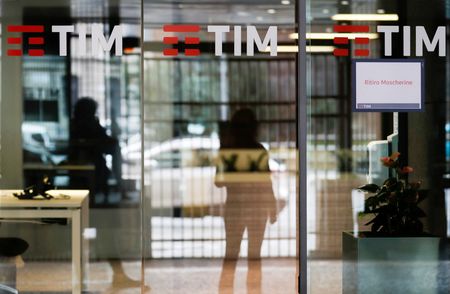By Elena Fabrichnaya
MOSCOW (Reuters) – Russia’s central bank on Thursday rebuffed complaints from businesses about high interest rates pushing up financing costs, stating that labour shortages were the reason why investment growth was slowing across the economy.
The Bank of Russia last month hiked its key rate by 200 basis points to 21%, the highest level since the early years of President Vladimir Putin’s rule, as heavy state spending for the conflict in Ukraine tightens the labour market, pushing up wages and inflation.
More and more industrial firms are saying that product investment and development may suffer.
Kirill Tremasov, head of the bank’s monetary policy department, acknowledged at a forum in the Urals city of Chelyabinsk that investment growth had slowed.
But he added: “In principle, there are no available labour resources.”
Most manufacturing and engineering firms say that trying to compete with the military-industrial complex, which has been put into overdrive to equip Russia for the conflict in Ukraine, is futile.
“The majority are putting the development of new production capacity … on pause precisely due to the lack of staff,” Tremasov said.
Steelmaker MMK disputed that.
“If we continue our investment programme at the volume we have now, then the money will run out in six months,” said Maria Ovechkina, MMK’s head of financial resources.
The major business union RSPP said last week that late payments had been the leading factor hampering Russian businesses in the third quarter, as companies grapple with high interest rates and logistics challenges.
But RSPP head Alexander Shokhin did acknowledge a labour shortage.
“The special (military) operation is diverting people, and this problem cannot be solved quickly,” he said.
Tremasov repeated the central bank’s stance that high borrowing costs will be needed for a long time to cool economic overheating.
He expected the key rate to average 17-20%, next year, warning that even more hawkish policy may be required.
(Reporting by Elena Fabrichnaya; Writing by Alexander Marrow; Editing by Kevin Liffey)










